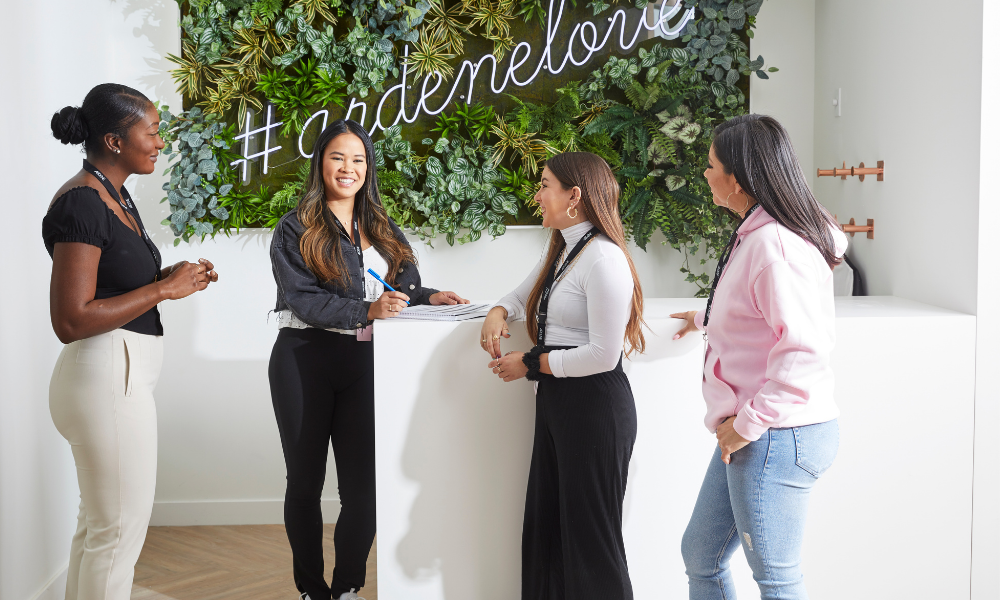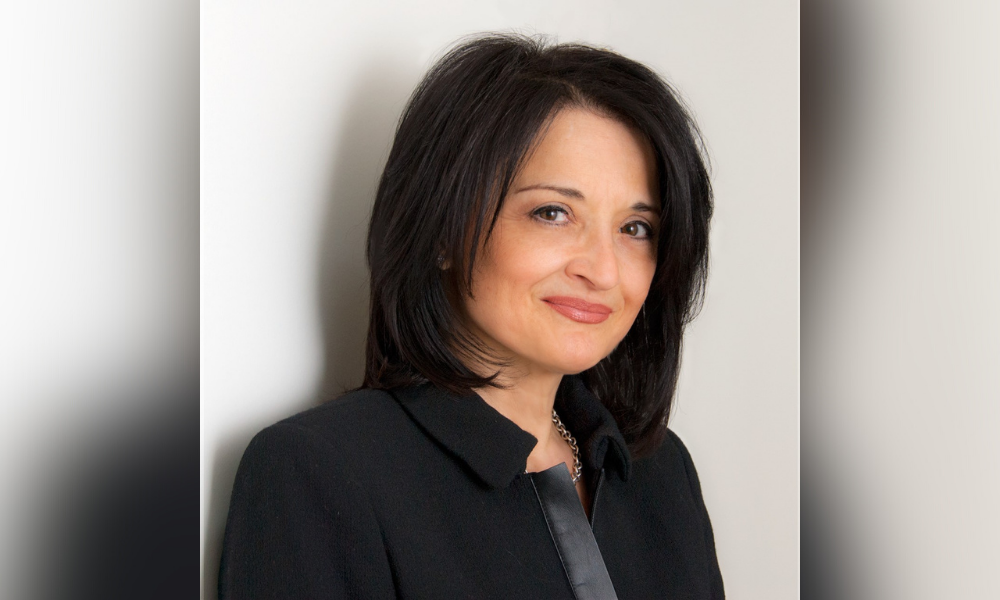Ardene boosts mental health benefits to help staff cope with COVID anxiety

When the pandemic was first declared in 2020, the lockdown was a big shock to many organizations, especially non-essential retailers such as clothing store Ardene.
“Retail has been hugely impacted by the pandemic: we go from having 325 stores and overnight, all our stores are shut. We’re all working from home and so it was a huge adjustment for our employees and lots of challenges,” says Fil D’Urbano, chief mindfulness officer and head of people and culture at Ardene in Montreal.
To help its roughly 3,500 store employees and 200 head-office employees, the retailer decided to boost its benefits offering around mindfulness.
“Our journey actually began in 2018 when we partnered with Brain Spa, an organization that specializes in mindfulness-based leadership programs. By bringing mindfulness programs to our business [it] really set us apart; it is not an obvious initiative to have in the retail space,” says D’Urbano.
The effort began first in the C-suite, she says, before it then was rolled out en masse.
“We first started with the executive team: we trained them and brought awareness to them in the area of mindfulness… and we thought, ‘Hey we had a great reaction, why don’t we use some of these programs and train our store leaders to prepare them for the holiday period?’ and we had a huge positive reaction to that,” she says.
Positive reception to mindfulness
Reaction has been encouraging.
“What’s come out of surveys and become more and more compelling is employees felt that they were better able to manage difficult situations. For example, they felt more positive, they felt that it helped them to reduce stress and anxiety,” says D’Urbano.
“Retail is a really fun environment but it can be quite demanding and so it’s important to stop, pause, take a breath, get grounded, and really helped to manage those individual stress levels.”
But not only employees had good reactions, store visitors were starting to notice as well, she says.

Fil D'Urbano
“Even customers were reacting. They were listening to conversations between a manager and a store employee and they were talking about mindfulness and mental health and then we would get feedback from our customers that they were really impressed how this organization was taking care of employees. That was very encouraging for us to continue to build.”
Moment cards and meditations
In the stores, they also instituted “mindful moments cards,” says D’Urbano.
“At a store level, there are a set of cards, like cue cards, a deck and they provide short individual exercises for employees to either practice self-awareness to create moments of calm, staying present in the moment, expressing gratitude, etc… for example, there’s a diagram of every store position and so they were relatable each time if you’re folding inventory in the back store or you’re addressing a customer concern; whatever your role is in the store, we gave you practices that you can do on a regular basis.”
Those boxes of cards were also brought back to the head office, after the success became clear.
“Every leader has this mindfulness box with mindfulness exercises inside so before we start a meeting, we pull out a card and we do some mindful activity to keep everybody grounded and in the present moment. It’s really important to have these programs continually evolve in your business and make them part of what you do every day,” says D’Urbano.
Ardene also began regular newsletters that highlighted all the ways employees could look after their mental health.
“We provided guided meditations with one of our certified team members who was running guided meditation through this newsletter, through video links. We set all kinds of resources and links for self-learning. We really wanted to help our employees feel connected and let them know that we were taking care of them,” says D’Urbano.
The lesson for HR is to identify individuals who believe in these programs, and not make it an HR program with a start and an end date, she says.
“These have to be important, sustainable practices that run through the entire employee lifecycle, which is what we’re doing now. We do that by making sure you have ambassadors in the business that help drive some of these initiatives.”
Meanwhile, benefits are becoming more of a retention tool, according to one survey, though one recent study suggested wellness programs can be a waste of money for some employers.




